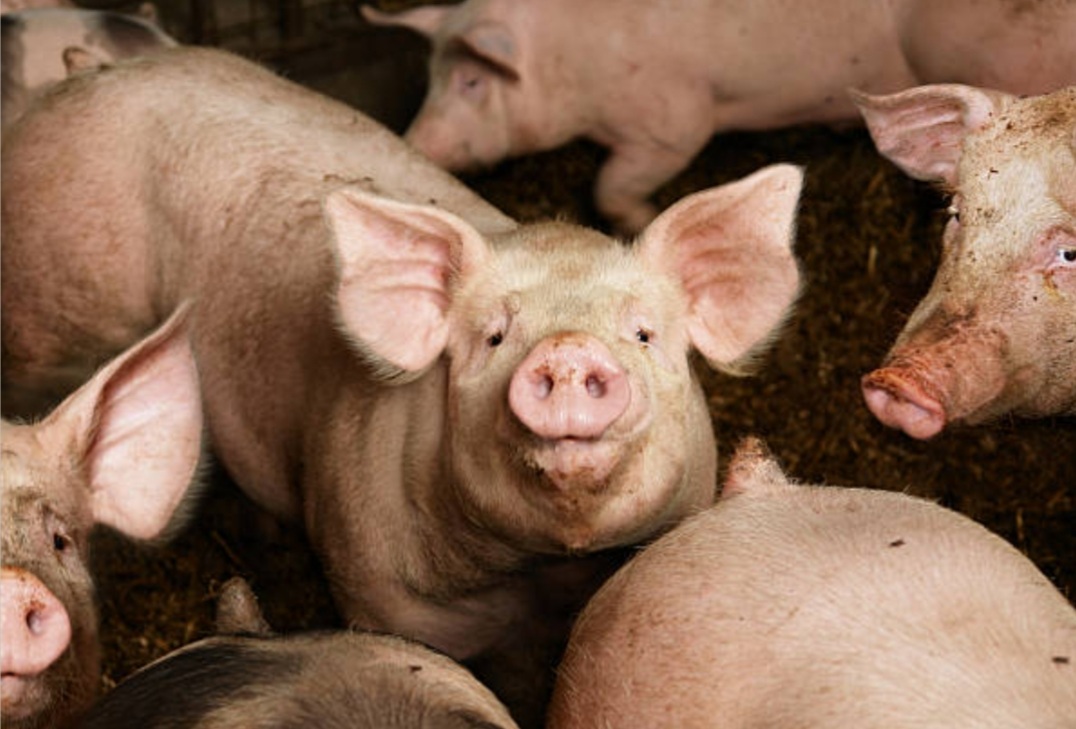Five pigs die after ASF vaccination in Batangas, DA says death due to preexisting conditions
By Jel Santos

The deaths of the five pigs in Lobo, Batangas which were inoculated with the anti-African Swine Flu (ASF) vaccine were due to their preexisting conditions, the Department of Agriculture (DA) clarified on Saturday, Sept. 14.
“May namatay nga lima [na baboy], pero because mayroon silang precondition na hindi sinabi doon sa nag-a-administer doon sa Lobo (Five pigs did die, but it was because they had preexisting conditions that were not disclosed to the ones administering the vaccine in Lobo),” said Assistant Secretary Arnel De Mesa, the spokesperson of the DA, said during a forum.
According to De Mesa, the other pigs inoculated with the ASF vaccine are now healthy.
“Normally kasi after 14 days they are developing about 40 to 50 percent noong antibodies and then after 28 to 30 days they will be developing 90 percent already of the antibodies (Normally, after 14 days, they develop about 40 to 50 percent of the antibodies, and then after 28 to 30 days, they will have developed 90 percent of the antibodies),” he said.
De Mesa said that the fact the first group exposed to ASF is still alive and in good health suggests the vaccine is working well so far.
He added that they are optimistic the vaccine will continue to be effective throughout the entire three-month exposure period.
Before being inoculated with the ASF vaccine, the DA spokesperson said that pigs must first be negative for ASF; second, they should be free from any illness because the pigs must be healthy.
“Pangatlo, kailangan mayroong magandang biosecurity, at least doon sa backyards/small-hold farms natin, mayroong bakod man lang na hindi makakatawid ang anumang hayop o tao na pupunta kasi ASF is delikado rin na virus. So, iyon lang iyong mga condition namin; apparently iyong nauna nga we were not properly informed (Third, there must be good biosecurity measures, at least for backyard or smallholder farms, such as having a fence to prevent any animal or person from crossing because ASF is a dangerous virus. So, those are our conditions; apparently, we were not properly informed beforehand),” he went on.
Agriculture Secretary Francisco Tiu Laurel Jr. had earlier ordered the Bureau of Animal Industry (BAI) to extend the controlled testing of the ASF vaccine to more areas across Luzon, as well as in red zones in the Visayas and Mindanao.
On Aug. 30, the agency started the vaccination of hogs against ASF in Lobo, Batangas.
The agriculture department prioritized vaccinating small-hold and backyard hog-raisers in Batangas, said De Mesa. The DA had raised indemnification for diseased pigs surrendered for culling, raising the compensation ceiling to ₱12,000 for breeders from the previous maximum of ₱5,000.
The government has authorized ₱300 million to purchase 600,000 doses of the ASF vaccine from Vietnam, plus an additional ₱50 million for inoculation expenditures.
It can be recalled that ASF returned to the Philippines in 2019, spread to more than 3,800 barangays across 53 provinces by mid-2022. This resulted in an almost 25 percent decrease in local pork output from June to October 2021 compared to the same period in 2020.